Much like in the rest of India, hospitals in Kashmir are ill-prepared to deal with the virulent second wave, the government’s protestations notwithstanding, reports Yawar Hussain

On April 25, Saifullah Bashir was taken aback when he got a call from a health department official declaring him Covid-19 positive after a wait of eight days. During this period he had mingled with his family as he was asymptomatic.
Bashir, a student had gone for RT-PCR testing at the Primary Health Centre in Batamaloo (Srinagar) on April 17 following contact with a Covid-19 patient.
The slow pace is the result of the growing number of people going for testing each day while the testing capacity in Kashmir is dismal.
As Kashmir battles the second wave of Covid-19 pandemic, the official data reveals that 20000 people come for testing on a daily basis while the capacity is just 8000.
The backlog of nearly 12000 tests each day is the reason for delayed results which makes people especially asymptomatic patients complacent in following appropriate Covid-19 behaviour.
“My mother and younger brother, who I had sent to my maternal uncle’s home for five days returned on April 23. They both have now tested positive as well because I thought I was negative,” Bashir said ruing the slow pace of testing.
Testing Capacity
Official data reveals, of the cumulative 8000 testing capacity, the Shri Maharaja Hari Singh (SMHS) Hospital, Kashmir’s main health facility has a capacity to conduct just 2000 Rapid Antigen and RT-PCR tests. The minimal capacity is in stark contrast to the swab collection centres associated with the hospital.
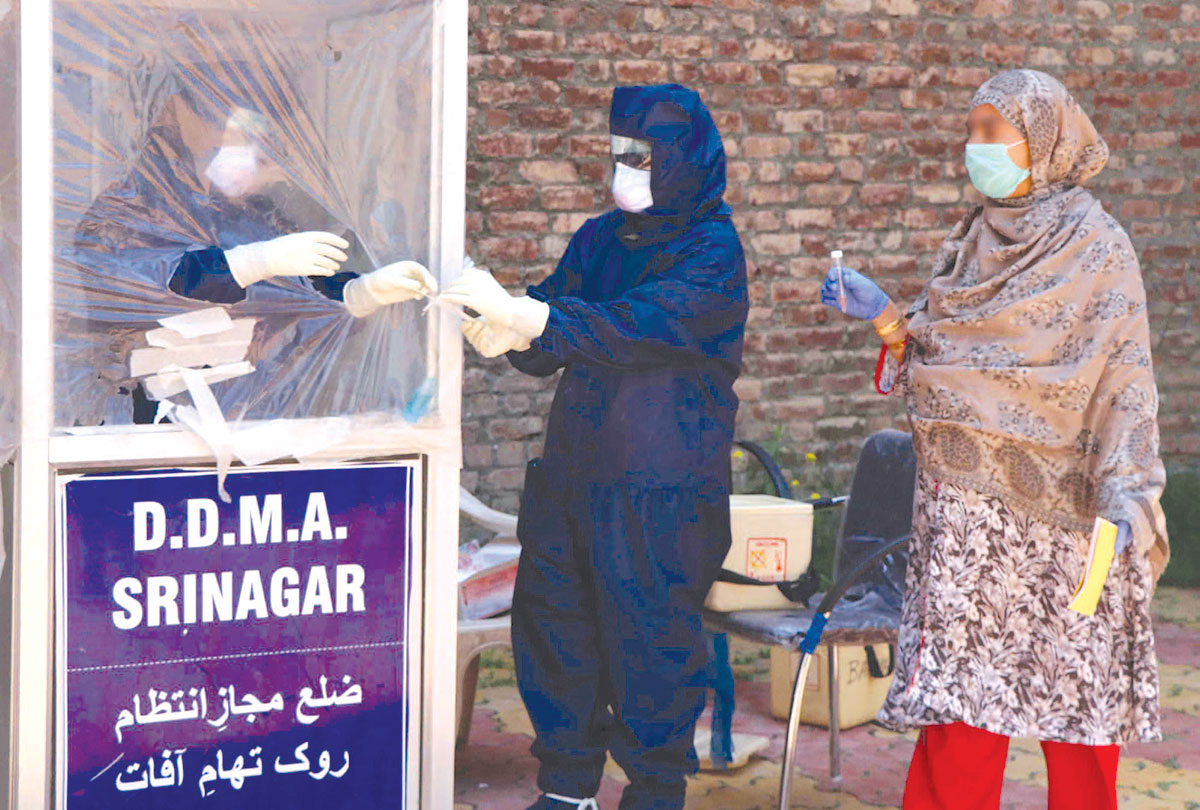
As per official records, all the Primary and Community Health Centres of Kashmir along with special facilities set up in all 10 districts for test collection send their test swabs to the Chest Disease Hospital Srinagar, an associated hospital of SMHS.
Owing to the rush at the SMHS’s Chest Disease Hospital testing facility, the Covid-19 Control Room Kashmir Division then diverts some samples to the Sher-e-Kashmir Institute of Medical Sciences (SKIMS) Soura leading to further delay in the actual report reaching the patient.
The SKIMS, the premier health facility in Kashmir has a capacity of testing 4000 people a day, Rapid Antigen and RT-PCR, at the main lab in Soura and at the associated Jhelum Valley Hospital in Bemina.
Apart from SMHS and SKIMS, there are just two more testing facilities of 500 tests a day each at Government Medical Colleges Anantnag and Baramulla.
Worst Testing Districts
As per official data, the Anantnag district has done minimum testing in two weeks of April.
Anantnag had done 13550 tests during the period and Baramulla and Kupwara districts have done 18010 and 18909 respectively.
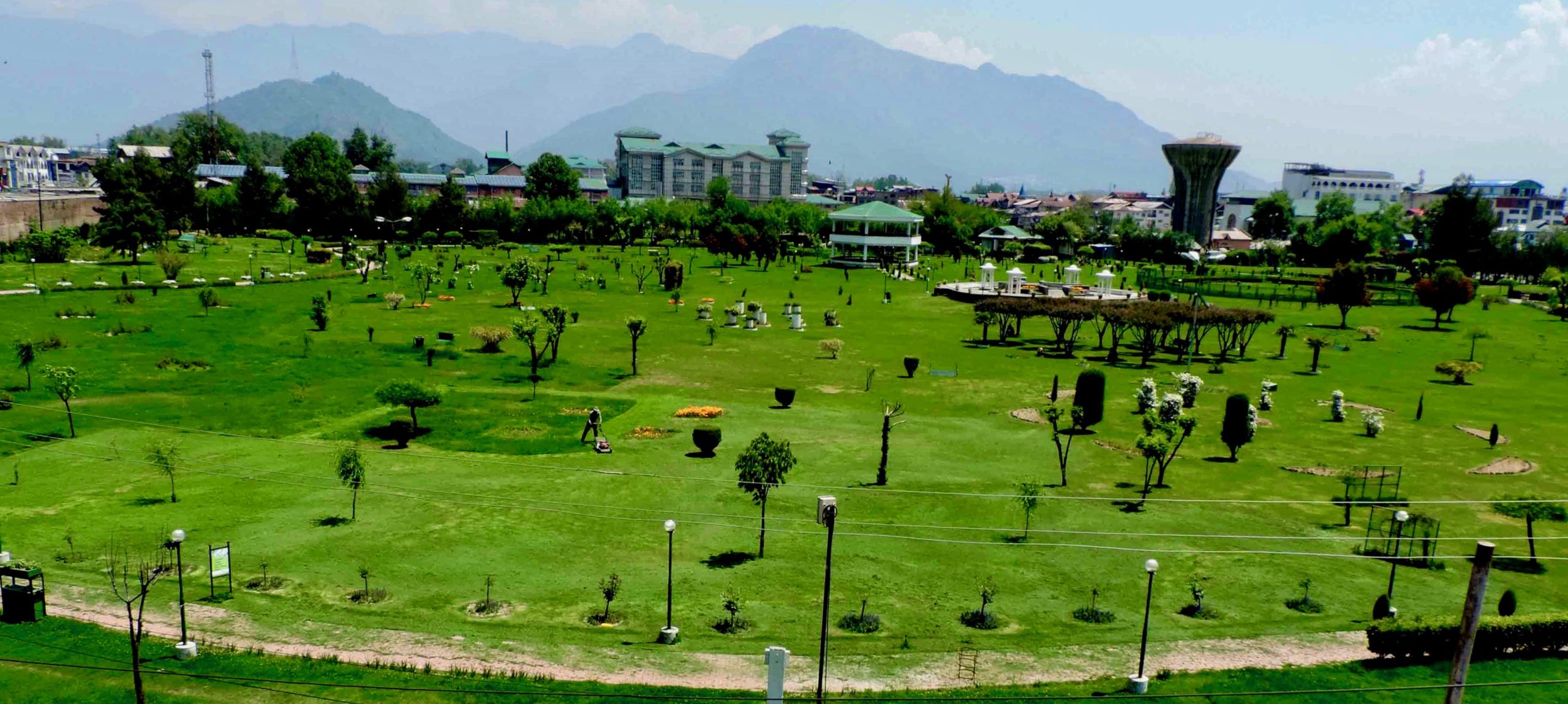
During the same period, the Case Fatality Rate— the proportion of deaths from a certain disease compared to the total number of people diagnosed with the disease for a particular period— was highest in south Kashmir’s Kulgam district at 1.87 per cent.
Kulgam was followed by Baramulla district at 1.85 per cent and Anantnag at 1.83 per cent.
As per official figures, the districts Shopian, Anantnag, Kupwara and Baramulla during the same period had tested just 169, 376, 273 and 418 symptomatic patients respectively.
Also, the official data reveals that during the period, Kulgam district has only done 17 per cent tests through RT-PCR while all others were Rapid Antigen Tests (RAT). Kulgam is followed by Baramulla, which has done 19.2 per cent RT-PCR tests during the same period while all others were RAT leading to a further spike in the number of infections.
In a recent meeting to assess Kashmir’s Covid-19 situation, the Divisional Commissioner Kashmir was apprised that various districts were not putting SRS Number upon the samples for RT-PCR leading to delay in delivery of reports.
As per the official minutes of the meeting, some districts were castigated for not sorting the samples block-wise while some were sending “leaky samples” thus making the job of labs “very difficult”. The labs were directed to not collect any such samples which the official sources reveal has also added to the spike in cases.
Long wait
While the official laxity continues to be the underlying reason for the 700 per cent spike in Covid-19 cases in Kashmir since the beginning of April, there are anxious people waiting for their fate to be pronounced.
Humaira Wani (name changed), a resident of Shehar-e-Khaas Srinagar is also waiting for the report of her RT-PCR test to return since April 25. She was tested RAT negative on the same day at Tourist Reception Centre Srinagar but to be on the safe side she had gone for an RT-PCR.
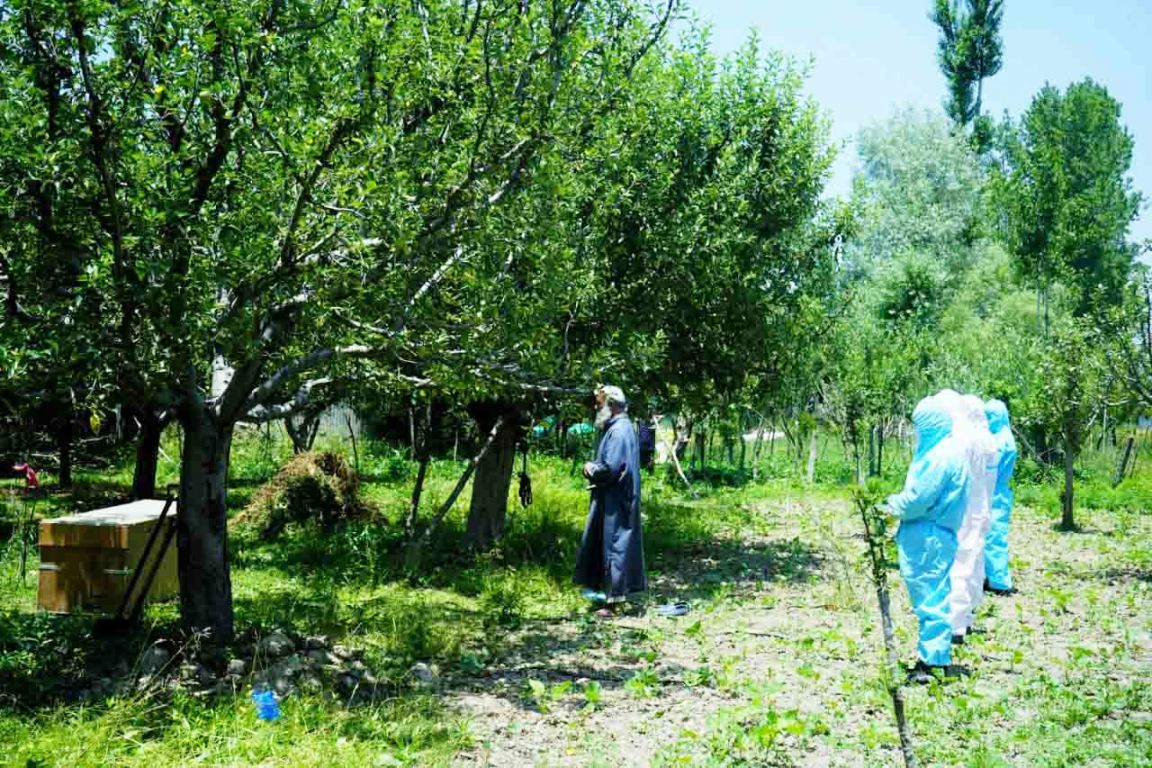
“I called a relative who works at the CD Hospital. He informed me that my swab was at around 10 thousand serial number and it would still take two to three days for my test report,” she said.
She said that she is asymptomatic as a result of which is apprehensive to be in contact with the family.
“I have maintained my distance but the thought of being positive and monitoring even slight changes in me all day long is adding to my stress levels,” she said. “I keep thinking what would happen to me if I turn positive. What if I would have infected my family members as other people have.”
Mudassir Majeed, a resident of south Kashmir’s Pulwama had also gone for an RT-PCR test on April 24 after he had contact with one of his friends who was Covid-19 positive.
He said he has had nightmares about his report coming back as positive.
“I would be more relaxed even if I am positive but this unending wait is making me go mad,” Majeed said, adding that he has also got his family of four tested and they are all living in different rooms.
“As my friend informed me that he has been tested positive, I quarantined myself even though my RAT was negative. I had contact with my family and now they all are also under quarantine,” he said.
He said that he keeps checking his temperature throughout the day while monitoring other symptoms as well.
“I am becoming paranoid. I feel feverish all the time while the thermometer shows otherwise,” he said, adding that the slow pace of testing is “deplorable”
He said his family talks on the phone about the symptoms each of them feel.
“We assure each other that a particular symptom is only being imagined by us. The government has left us in the lurch.” He said that he has taken certain medicines on his own to treat a cold “perceived” by him as Covid-19 related symptom. He said they have been in doldrums vis-à-vis going to the market to buy essential supplies.
“My sister goes out as she had the least contact with me. We are all asymptomatic but still, we fear. I fear for my parents. I wonder when would this wait end,” he said.
No 3rd Phase Vaccines
With the third phase of vaccination starting across the nation from May 1, the Jammu and Kashmir government has hung up its boots two days prior to the date.
The government said that the vaccination for the 18-45 age group will not begin in the Union Territory (UT) from May 1. However, the inoculation for those above 45 years will continue as usual.

“While the registration for vaccination of eligible persons in the age group 18-45 has been opened on CO-win, the actual vaccination will not begin from May 1, 2021,” the Information Department announced on its official Twitter handle.
The date of the vaccination drive for the 18-45 age group will be announced later once doses are restocked. The vaccine will be given only through the pre-registration of slots. “Vaccination will not be a walk in but only through pre-registration of slots. No slots have been opened for booking a session. Please wait for the announcement of the vaccination start date for the 18-45 age group,” the information department tweeted.
Till last Thursday, 2295931 persons got the vaccination in Jammu and Kashmir. This includes 1152899 in Kashmir and 1143032 in the Jammu region.
As per Baseer Khan, the Advisor to Lieutenant Governor, the UT had placed an order for 1.24 crore vaccine shots to cover the entire 18-45 age group.
“This is among the highest in the country,” Khan said at a press conference late Thursday evening.
Meanwhile, the information department also tweeted that the government was hopeful of receiving the Covid-19 vaccine supply within two to three weeks.
The persons in the younger age group were also requested to not crowd the vaccination centres without booking slots. “Please wait for the start date announcement,” the government said.
Not Just One Problem
As per official figures, Jammu and Kashmir has only 600 ventilators for a population of nearly 1.2 crore. In Srinagar, the official figures, reveal that there is a requirement of 14,000 litres of oxygen per minute which, the medical experts say, was too low to cater to the ongoing rise in the cases.
A doctor posted at SMHS Hospital wishing anonymity said that a patient requires between 7-10 litres of oxygen per minute while the existing supplies at Srinagar hospitals are sufficient only for 2,000-3,000 people at a given time.
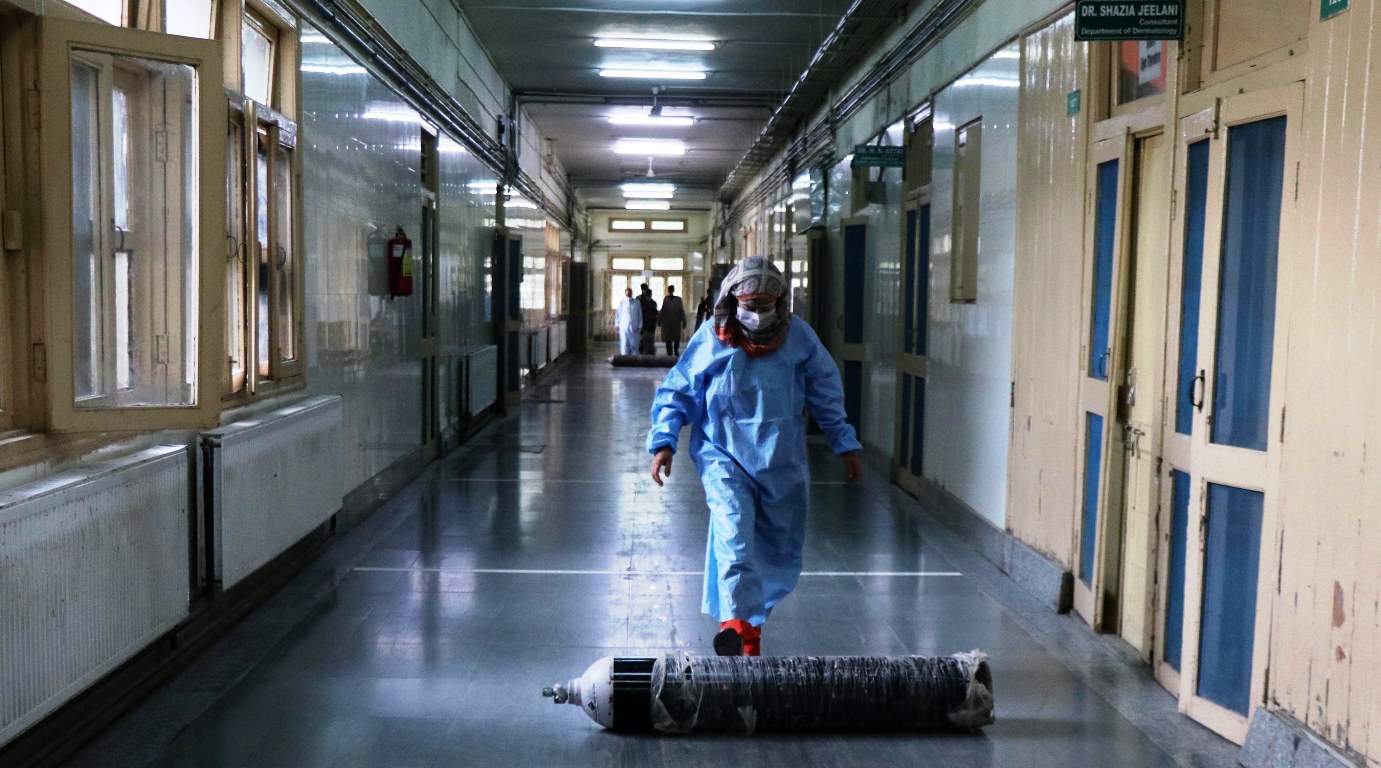
At SMHS hospital, there are three medical oxygen plants of 2,600 litres per minute (lpm) capacity functional while one more plant with 1,000 lpm capacity was commissioned last week
At Chest Disease Hospital, two oxygen plants of 430 lpm and 500 lpm capacity are already functioning in the hospital, while the work on 1,500 lpm capacity is going on at a slow pace.
At Kashmir Nursing Home, the work on work 1000 lpm capacity new medical oxygen plant is also going on at a slow pace.
The work on the oxygen plants at the government hospitals in other districts has also been going on at a slow pace. Although recently two more plants were opened in the north Kashmir’s Kupwara and Sopore areas, another one was ready for use in south Kashmir’s Shopian.
However, the doctors opine that these plants with 1,000-litre per minute capacity could cater to a few hundred people in a given time only.
Meanwhile, the recent four 1300-bed hospitals set up in Srinagar—each in Indoor Stadium, Haj House, National Institute of Technology and Kashmir University—don’t have the oxygen facilities required to treat critical patients.
“These facilities are PR stunts because they can only house patients with mild symptoms. What was needed was to set up centres with oxygen facility,” a doctor said.
In a recent meeting, the Divisional Administration Kashmir took a “serious” note of minimal bed occupancy in the majority of districts within Covid-19 designated facilities.
As per sources, the Government Medical Colleges Anantnag and Baramulla were directed to get their house in order and “ensure” that 80 designated beds each for Covid-19 patients are set up at both facilities.
The meeting also took note of “unnecessary referrals” of Covid-19 patients from all districts while asking to ensure that patients are admitted in their respective districts rather than in Srinagar hospitals.
No Medicines Also
With the government claiming all is well, the picture on the ground from Government Medical College (GMC) Jammu and all leading Government hospitals in Kashmir is alarming with an acute shortage of Remdesivir, an emerging drug that is being used in treating the patients affected by the Coronavirus.
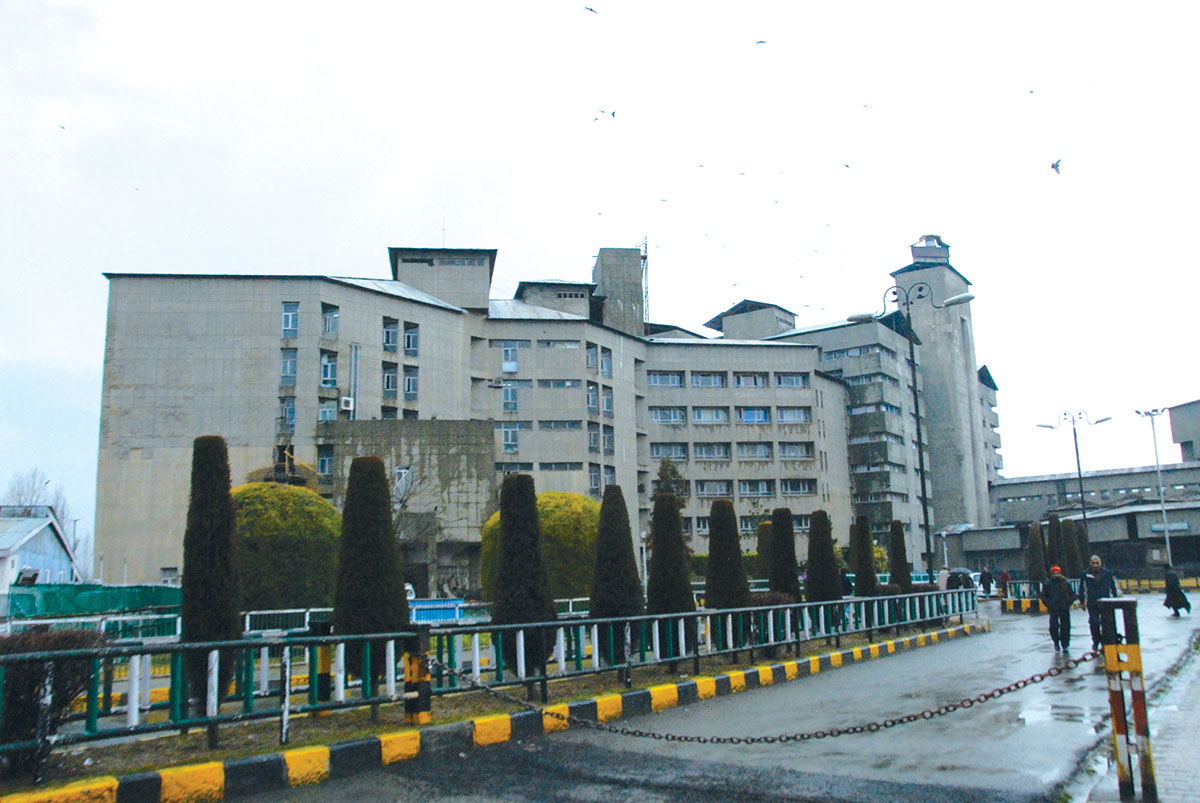
As per official data, in the last five days, the J&K Medical Supplies Corporation Limited (JKMSCL) failed to meet the demand of the GMC Jammu and supplied 317 Remdesivir injections less than the requirement.
On April 26 and 27, the JKMSCL supplied 266 injections less than the requirement of the GMC Jammu. Sources reveal that GMC Jammu was supplied 50 Remdesivir injections on April 26, which was 130 short of the requirement. On April 27, the JKMSCL provided only 80 injections, short by 133.
The shortage of Remdesivir in the GMC Jammu was 31 injections on April 25, seven on April 24 and six on April 28.
Meanwhile, all the major Government hospitals including SKIMS, SMHS, and Chest and Diseases Hospital (CD Hospital) are grappling with the shortage of this antiviral drug with helpless patients turning to Social Media for help.
Managing Director JKMSCL Dr Yashpal Sharma said that Remdesivir shortage was throughout the country.
“It is a daily struggle now to get the supplies,” he said. He said the demand for Remdesivir across the country has affected its supplies to the corporation. “If we place an order for 1000 vials, we only receive 100.”
Government’s Claim
In a hurriedly organized press conference, Advisor to Lieutenant Governor Baseer Khan last Thursday said: “some elements” were wrongly projecting that there was a shortage of medical oxygen and Remdesivir.
“Some quarters and some elements are projecting an incorrect picture about the shortage. There is no shortage of either oxygen or Remdesivir in any of the districts,” Khan said.
He said at present 20 tons of medical oxygen was available with J&K which was “sufficient to meet the demand in the hospitals for addressing the needs of Covid-19 patients”.
Meanwhile Divisional Commissioner Kashmir, Pandurang K Pole said there were 1600 ICU beds for Covid-19 patients across 20 hospitals in Kashmir.
“We need 3.26 crore lpm oxygen for these beds while we have a surplus availability of 5.43 crore lpm,” Pole said.
He said 111 ventilator beds were available adding that efforts were being made to increase the oxygen beds in Kashmir hospitals















